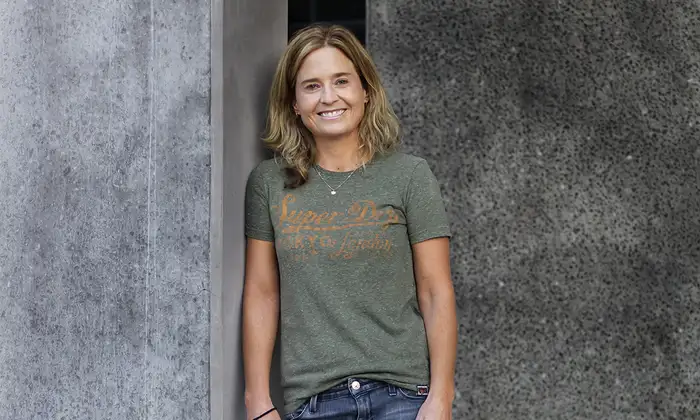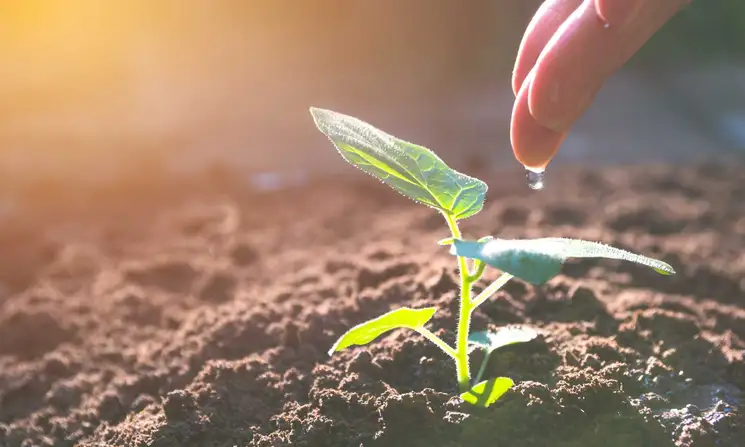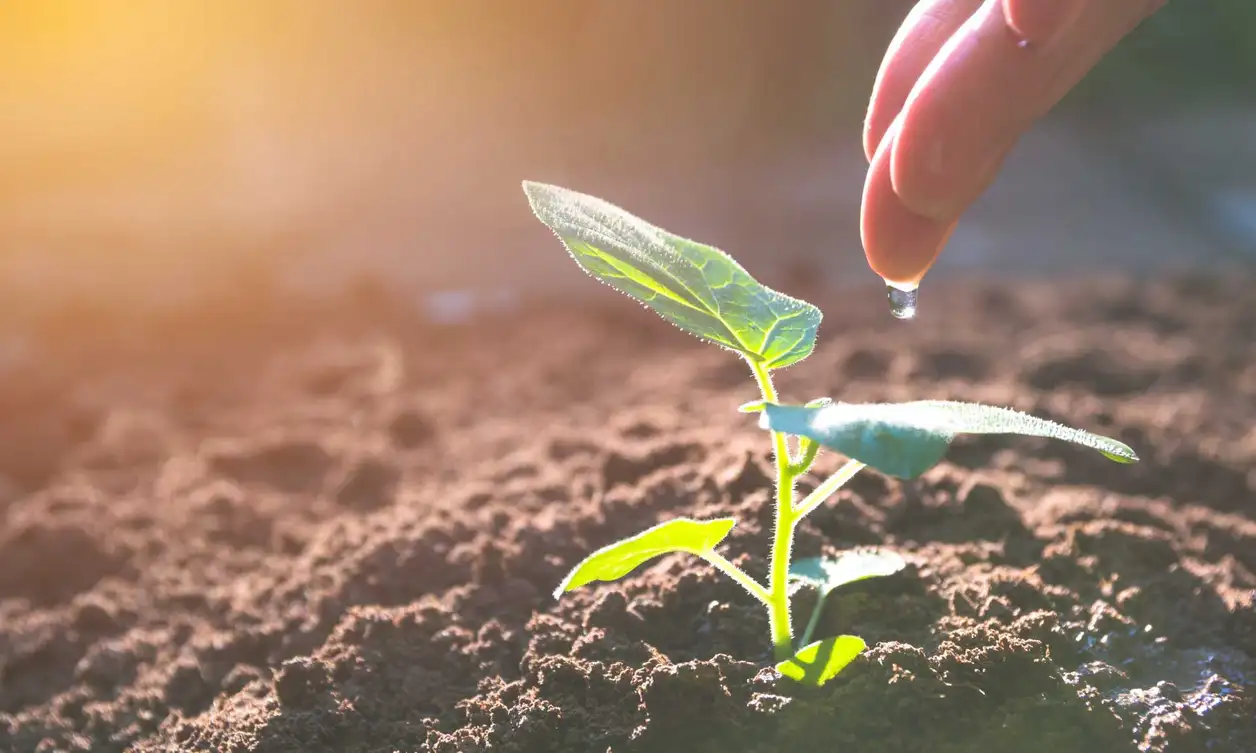During the early phases of the Covid-19 pandemic, lockdowns and other measures to limit the spread of the virus in different parts of the world also affected patterns of alcohol consumption. Each government formed its own rules around alcohol use, from some banning sales during lockdowns in some countries to others, like New Zealand, deeming alcohol an essential service.
Alcohol policy researcher Dr Taisia Huckle from the SHORE & Whariki Research Centre in the College of Health is leading a global project to look at the effects of the different government policies on alcohol use. The research focuses on 14 countries, each with its own policy, ranging from closing on-premise alcohol sales to total bans on alcohol. In New Zealand, for example, although alcohol shops were closed, supermarkets could sell alcohol and it could be ordered online.
We need effective alcohol policy in place to be able to protect children

Dr Taisia Huckle, SHORE & Whāriki Research Centre
‘Although the aim of various government policies was probably more about limiting virus transmission than alcohol consumption, it led to some interesting consequences,’ says Dr Huckle. ‘It was mainly low- to middle-income countries that had total bans and they were for quite short periods of time, but it provides examples of where health was put ahead of business interests.’
Worldwide, lockdowns have tended to result in significant and rapid expansions in online alcohol delivery. ‘It’s been a really interesting natural experiment in terms of alcohol availability,’ says Dr Huckle. The research included a New Zealand survey that explored how people used online alcohol delivery services during the pandemic restrictions, and whether online delivery was associated with heavier drinking, or other changes in drinking patterns.
The survey showed that the restrictions triggered a sudden expansion of online alcohol delivery in New Zealand. Over half of those who purchased alcohol in the sample also reported drinking more than they had before the restrictions, and this was higher among those who used online alcohol delivery. There was a relative ease in obtaining online alcohol delivery during lockdowns, even more so than food and other groceries. Relaxed age ID verification processes were apparent, and some drinkers could get alcohol delivered within hours of ordering. Furthermore, those who used online delivery services had been heavily exposed to advertisements for online delivery.
Dr Huckle concluded that the increased use of online delivery services during the pandemic has highlighted an already existing problem: there is insufficient policy in place to mitigate harms from home delivery of alcohol. She urges public health policy attention on this issue.
As well as her Covid-19 work, Dr Huckle also currently has a Sir Charles Hercus Health Research Fellowship from the Health Research Council to study how alcohol consumption is associated with child maltreatment. ‘In the alcohol field, a lot of focus has been placed on the harm caused to the drinker by alcohol, but alcohol also causes harm to others,’ she says, adding that children ‘are not well protected by alcohol policy yet’. She names foetal alcohol spectrum disorder as an area of concern.
The results of her work so far indicate that alcohol is an important risk factor for child maltreatment. ‘The implications are that we need effective alcohol policy in place to be able to protect children. Things like increasing the price of alcohol, restricting availability and banning alcohol marketing work well to reduce consumption and harm in the population and will also work to reduce harm to others. We’ve seen alcohol-related issues have huge flow-on effects for many different issues and harms, but alcohol policy is where we know we can intervene. But it’s challenging to get alcohol policy changed.’
Dr Huckle is currently working on a book, Alcohol: No Ordinary Commodity: Research and Public Policy, a collaboration between 10 researchers from around the world. The book looks at why alcohol policy is needed, how it is created and the impact it has on health and wellbeing. ‘The book reviews the literature in the alcohol field, weighs up the evidence and then provides ratings to help determine the most effective policies,’ says Dr Huckle. ‘Previous editions have been used all around the world by policy-makers, alcohol scientists and non-government organisations. It’s a really good bridge between the scientific literature and non-scientists. It’s knowledge translation.’
Taisia Huckle
Learn more about the researcher leading a global project to look at the effects of the different government policies on alcohol use.












